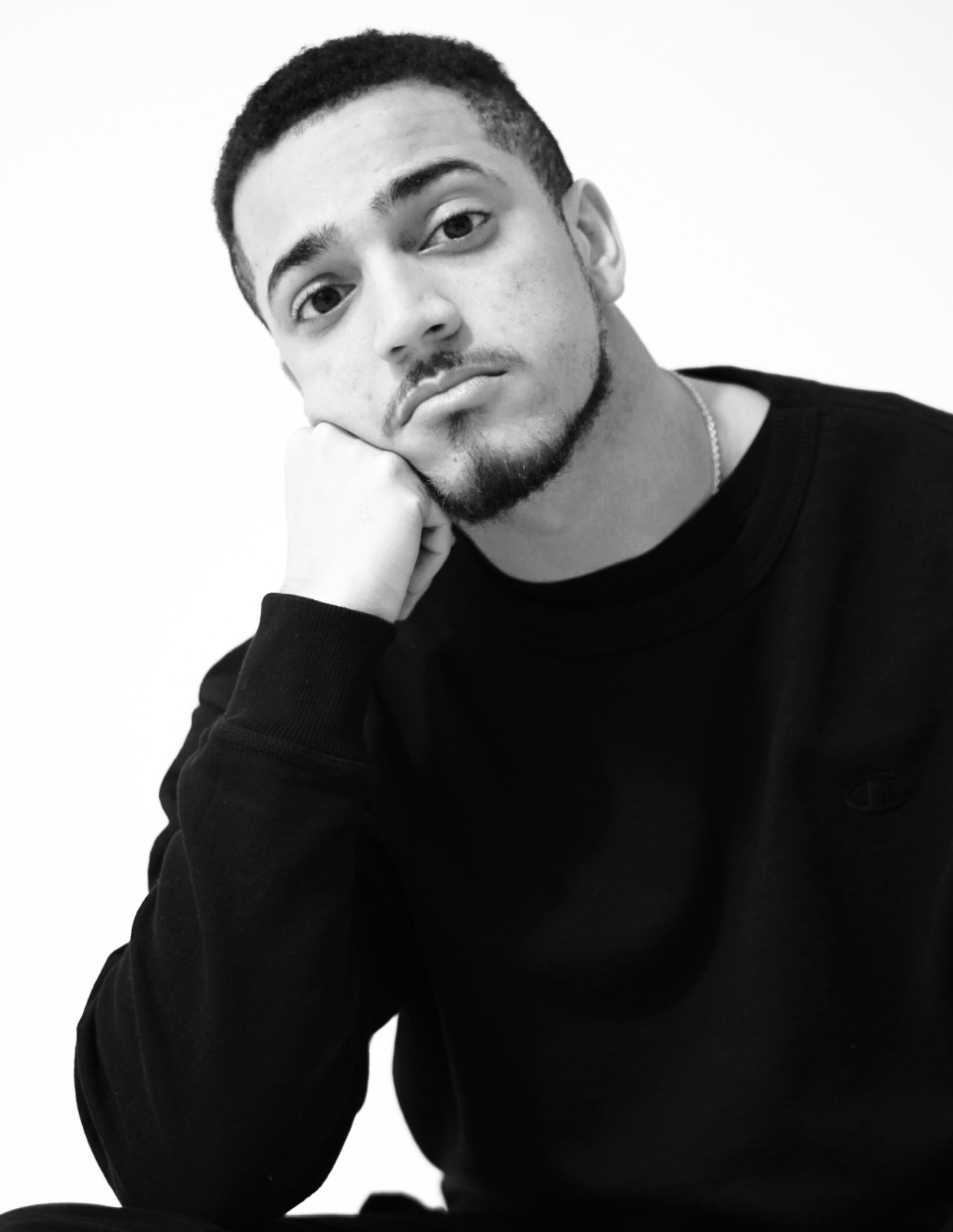We recently sat down to talk with Miguel Ortiz, the film and video instructor for our virtual Youth Justice Program, about his experience working with our young people online.
Q: Tell me about the work you are doing with our young people. Which parts of it are you most excited about?
A: I am preparing them not only for their work of digital performance art but also teaching them skills that they can take into the job market. I am truly excited to be working with everybody at The Possibility Project. I get to see a spark of enthusiasm in them when they realize that they have the ability to do what they enjoy, and that makes me feel like I am creating an impact.
Q: What are you finding that our young people are most interested in learning?
A: They’re interested to know how the Marvel movies get made, how long does it take to do something that grand. But I also get questions on the social media level: “How do I upload my videos to look like this?” Last week, we were going over exporting and how you have to use different formats depending on where you will be uploading them. The technical aspects of filming are really resonating with them. They’re really having a joy diving into those.
Q: How have you been preparing for your workshops?
A: It’s been an adjustment. Normally, I prefer to be in front of a screen with someone. It makes it easier to correct their mistakes or quickly teach them a shortcut or small technique. I can’t really do that over video as seamlessly. So, preparing for the workshops has been very strategic on my end. I am attempting to make the workflow digestible and essential. I figure if they understand the fundamentals, they can expand on the rest outside of rehearsal.
Q: Are there any parts of your workshops that are easier in this virtual format or are there things that you can do now that you weren’t able to do in-person?
A: With the virtual program, I feel like they show up to the workshop if they really want to learn, so everyone’s focus and attention is there. Not being in person is helping them focus on the actual work, because nothing around them is distracting them. It’s really easy to jump into editing and jump back out to instruction again. I definitely feel like that’s a benefit to doing these virtual classes.
Q: What benefits do you hope participants will gain from your workshops?
A: To start from an idea and execute it all the way to an actual project, in that process, you’re molding yourself as a human. You get to see how much guts and determination you have. Film is a great way to make yourself a better person because it takes so much out of you. It takes critical and creative thinking, patience, and heart, and it takes work ethic. I want the young people to walk away feeling like they accomplished something big and knowing they can handle anything.

